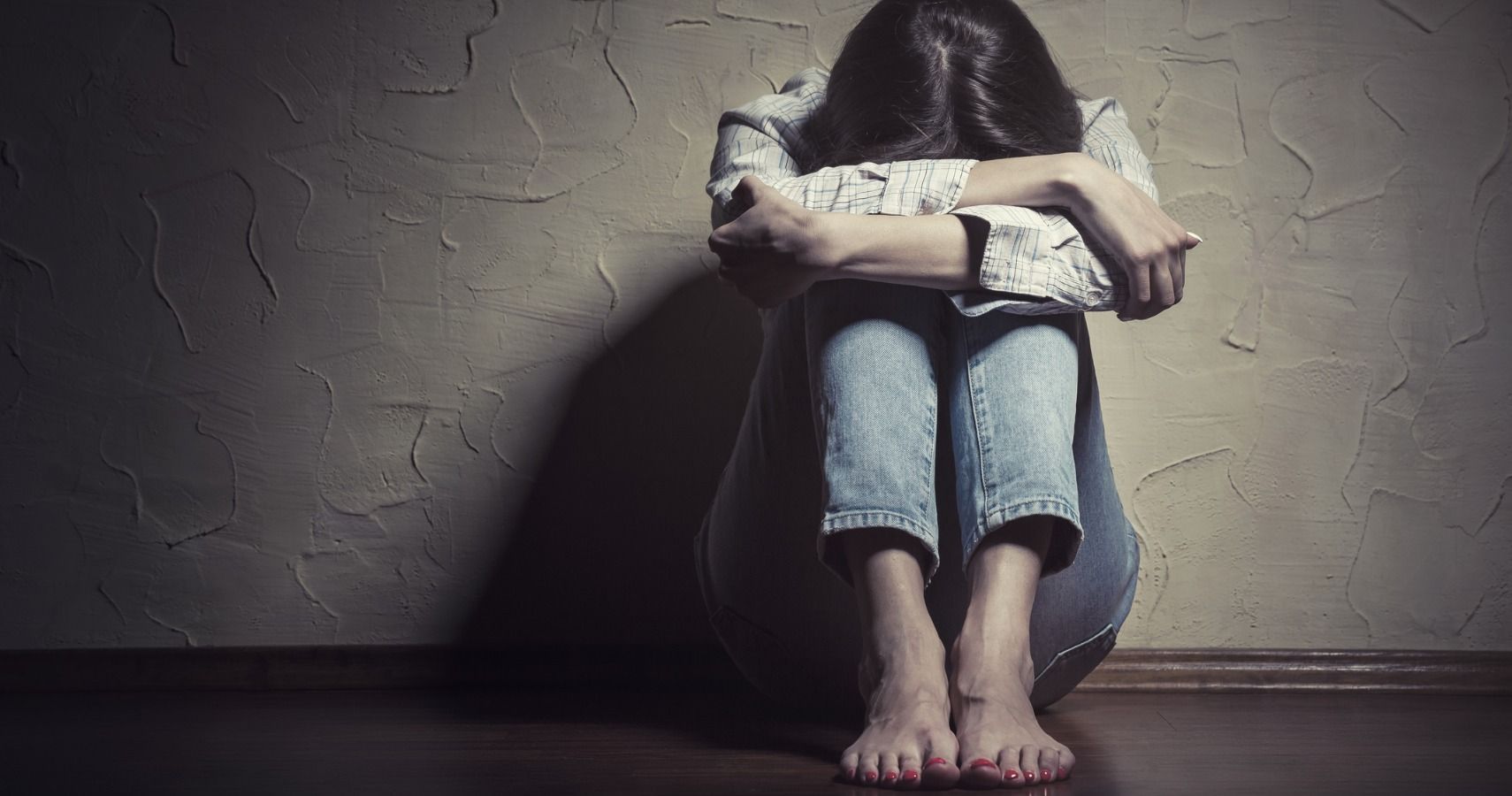In 2009 Clare Wood, a UK woman, was murdered by her ex-boyfriend. Now, thanks to a new bill being introduced by the British government, women will be able to find out from the police if their partner has a history of domestic abuse. The Domestic Abuse Bill was introduced in the British parliament on January 21 and will provide more protection for victims of domestic violence.
The Wood family was stunned to learn that Clare's ex-boyfriend had a history of violence against women prior to her murder, and actively campaigned to have legislation changed. "Clare’s Law gives any member of the public the right to ask the police if their partner may pose a risk to them," the Met Police write on their website. "Under Clare’s Law, a member of the public can also make inquiries into the partner of a close friend or family member."
In addition to Clare's Law, the domestic abuse bill has also introduced new legislation to help victims of domestic violence not to be controlled by their abusers. This legislation will ban accused abusers from cross-examining their alleged victims in court, and will also change the definition of domestic abuse to include financial abuse as well as establishing a national domestic abuse commissioner. Abusers may also be forced to take mandatory lie-detector tests on release from prison.
Economic abuse is described in the bill as "behaviors that control a person's ability to acquire, use and maintain economic resources." Sian Hawkins, head of campaigns and public affairs at the charity Women's Aid, explained to CNN why including economic abuse in the bill is so important. "We know that economic abuse has not been very widely understood or treated as seriously, so it's really important that this new legal definition recognizes economic abuse as a key part of domestic abuse," Hawkins explained. "It makes victims incredibly financially dependent on the perpetrators, and makes it difficult for them to leave an abusive relationship."
While there is huge support for the bill, critics say that there needs to be more funding for shelters and programs to help those who are the victims of domestic violence. While legislation is crucial, so is funding. Sandra Horley, chief executive of domestic abuse charity Refuge, told CNN that while the bill is important, how it's implemented will determine its success.
"We need to challenge the root causes of domestic abuse, and ensure sustainable funding to provide services," she said. "We need to prevent the problem through education, training, and awareness, protect women through rigorous law enforcement, and provide an infrastructure of services for women so they can escape. That all has to be underpinned by investment."
"This Bill represents a once in a generation opportunity to address domestic violence; but in order to do so, we must ensure its aspirations are matched by adequate resource," she said. "The cost to women and children’s lives is devastating. But now the immense cost to the taxpayer has been laid bare, too."
READ NEXT: The Risk Of Child Abuse Raises Day After Report Cards

